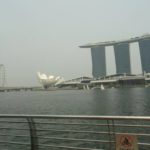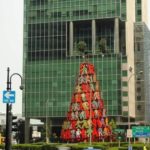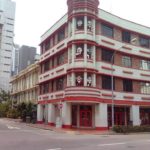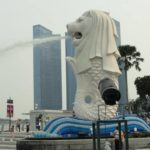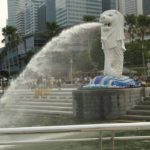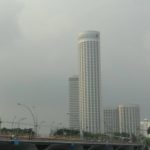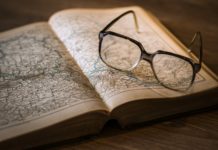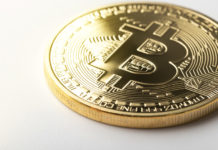Singapore is a 50 year old lady, and yet is one of the world’s major economic superpower. At 50 she boasts of such laurels as being recognized as one of the least corrupt nations at one hand, and the World Bank acknowledgement as being the easiest place to do business in the world. Geographical advantages along with policies which are investment friendly like tax structures and corruption free environment attract a lot of investment to harness the skilled workforce and advanced infrastructure available. But this 718.3 square meter island nation is one of only 3 city nations in the world along with Monaco and the Vatican City.
History: Singapore derives her name from the word Singapura a Malay word, as christened by her founder Sang Nila Utama, and is hence often referred to as the Lion city. The Merlion which has come to be an iconic structure to represent Singapore brings in aspects of this name along with the importance of Singapore being historically a sea trading outpost by the lion and the fish respectively. Temasek meaning sea town in Malaya is the first known settlement of the region and dates back to the second century. Part of the Johor sultanate, Singapore started her next phase of reinvention in 1819.
Sir Thomas Stamford Raffles concluded a treaty on behalf of the East India Company to develop a British trading post here. Subsequently it became a British possession by 1824, and became the regional capital of the straights settlements under the British India jurisdiction. Her next reincarnation comes after the ravages of the World War II. From being an internally self governing state within the commonwealth, Singapore merged with Malaysia in 1962 and was subsequently expelled from the federation,
On 9th August 1965, she emerges on her tryst with destiny as a new nation – The Republic of Singapore, chaperoned by Lee Kuan Yew as the prime minister. Lee Kuan Yew or LKY as he is popularly known has guided Singapore on a path of rapid growth with focus on rapid economic growth, support for business entrepreneurship and limitations of internal democracy. He has led Singapore to be one of the founders of ASEAN, and established Singapore along with Hongkong, Taiwan and South Korea as one of the 4 Asian tigers.

